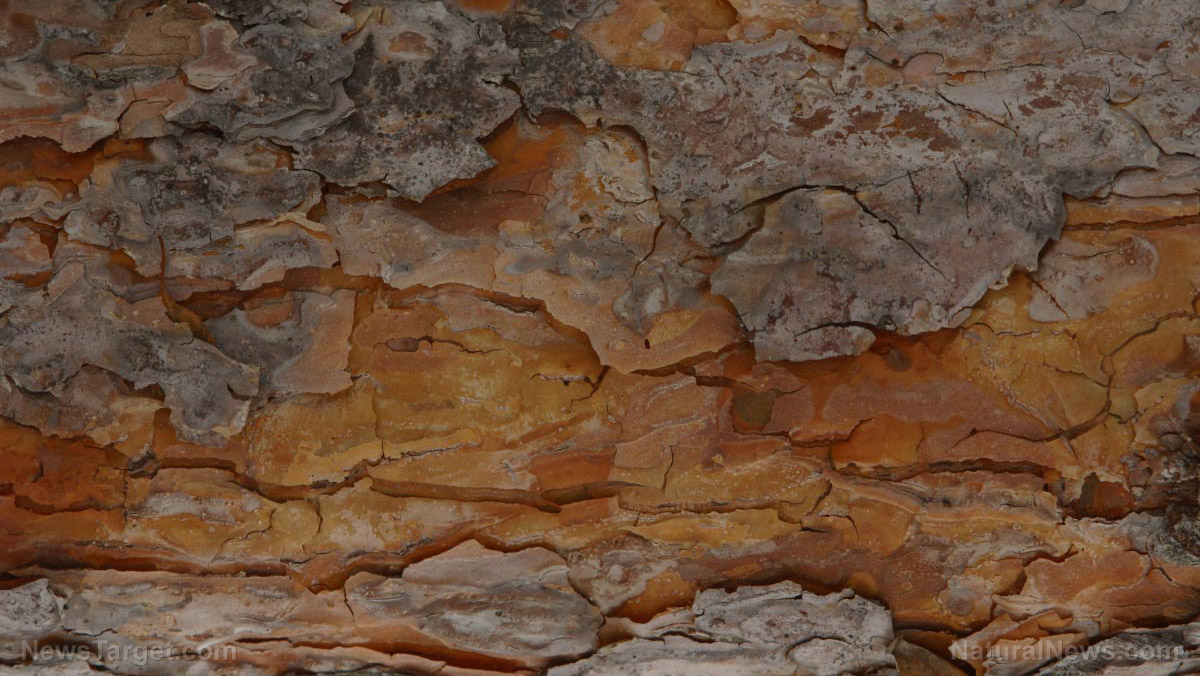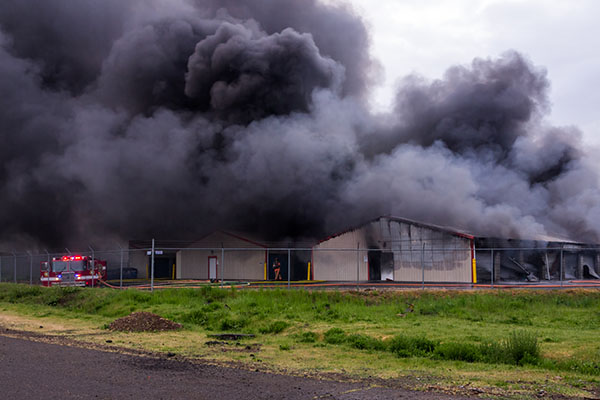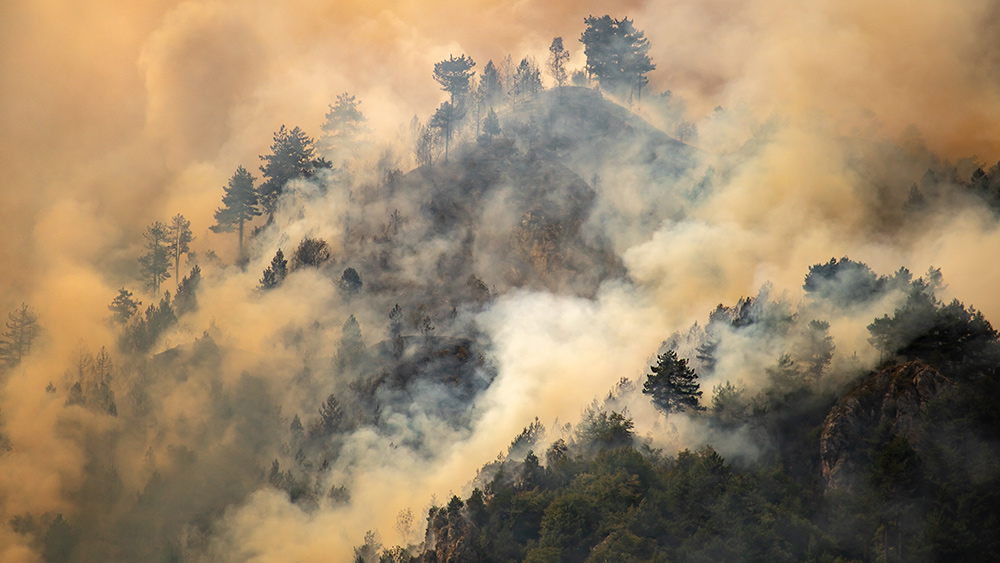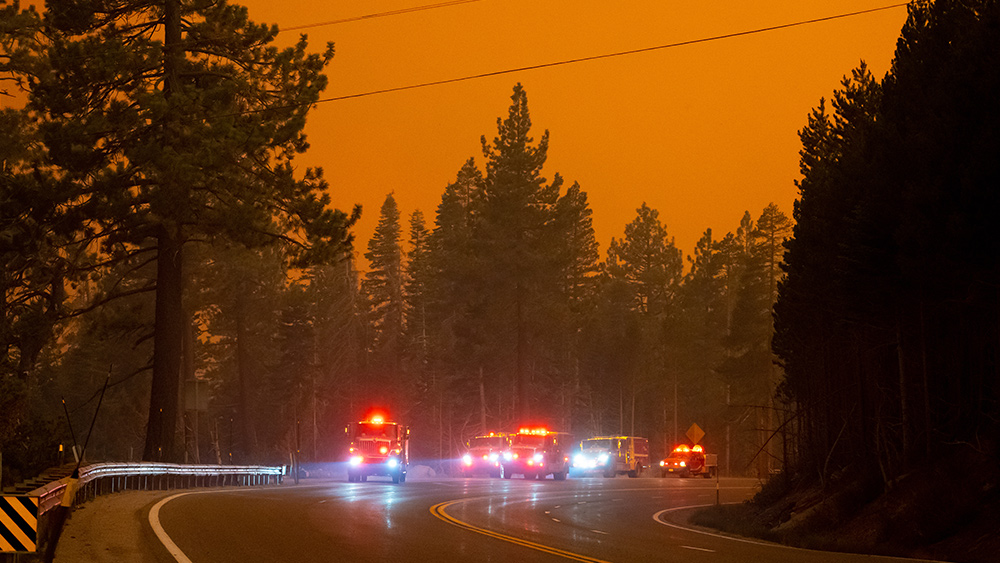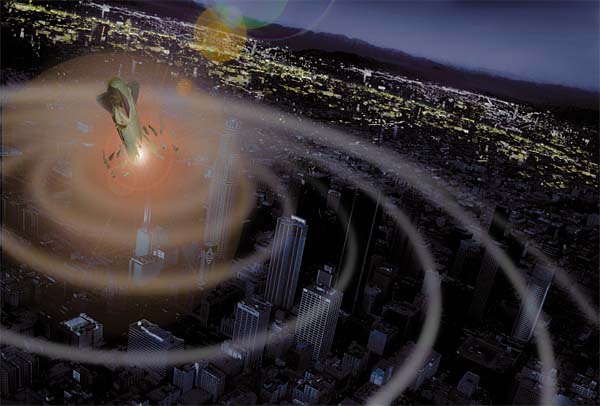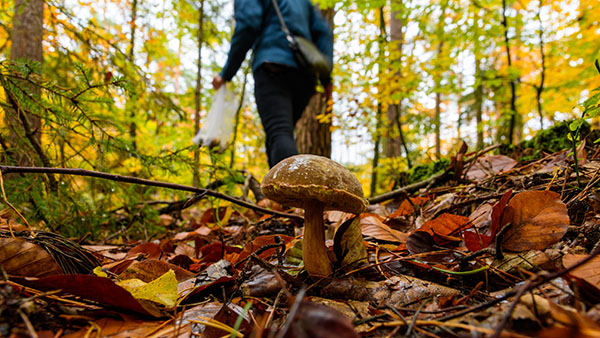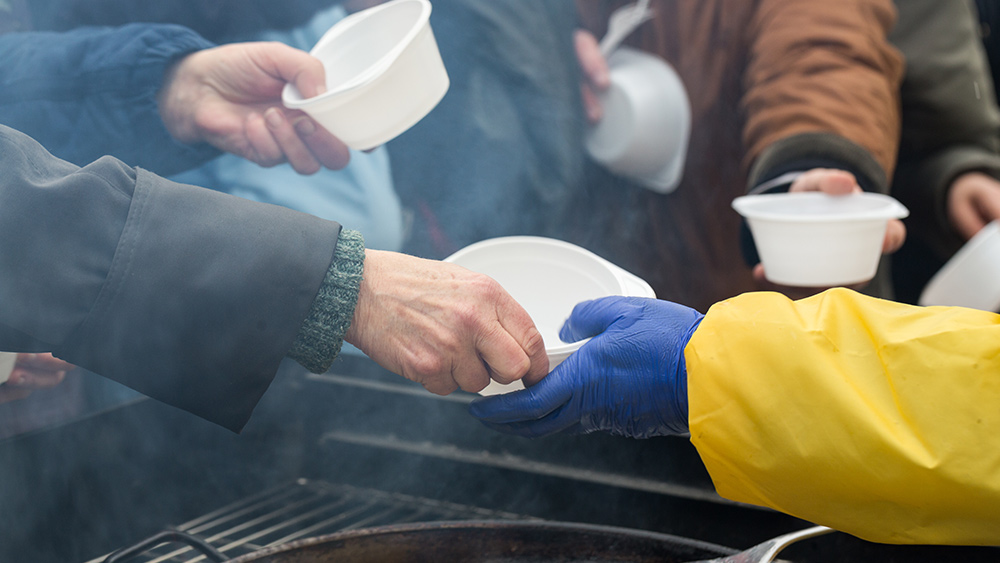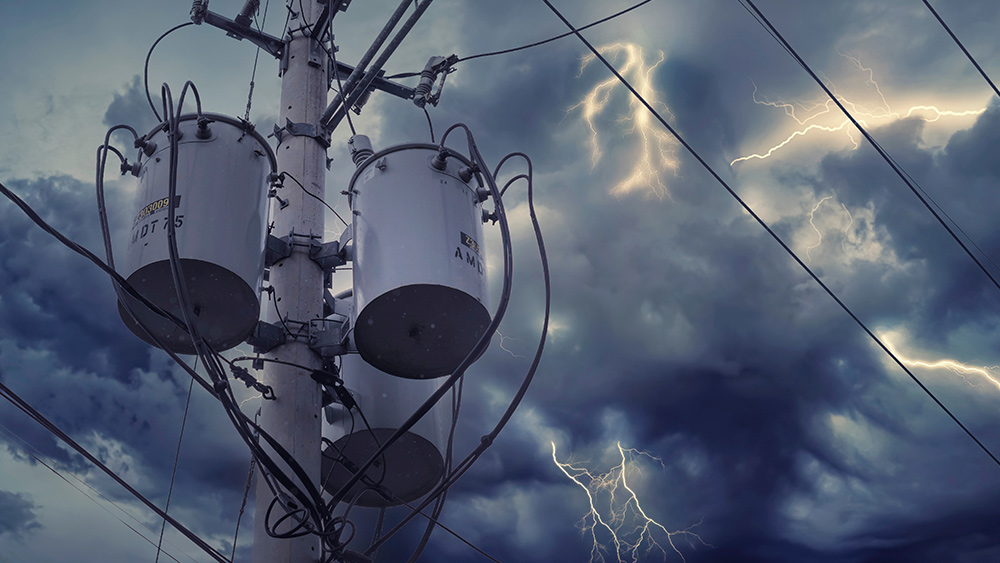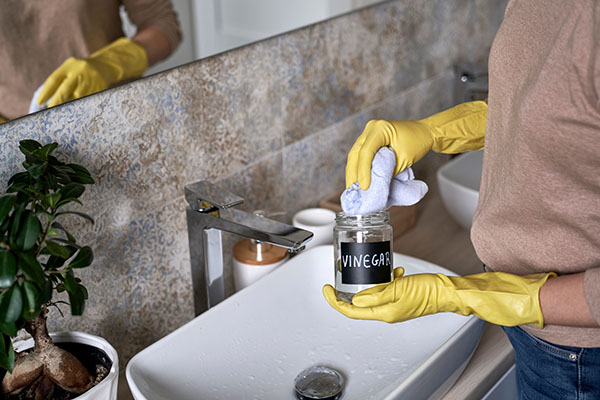Learn what you need to do BEFORE, DURING and AFTER a deadly volcanic eruption
06/15/2023 / By Olivia Cook

In 1815, when Mount Tambora in modern-day Indonesia erupted, it created “a year without summer” that devastated the world. This deadly volcanic eruption could happen again.
There are about 170 potentially active volcanoes in the United States and its territories, according to the Volcano Hazards Program of the U.S. Geological Survey (USGS). Globally, 48 volcanoes were in continuing eruption status as of June 9. (Related: Mexico preparing to evacuate millions of people due to Popocatepetl’s ongoing volcanic activity.)
There are typically anywhere between 40 to 50 continuing eruptions around the world. While there currently aren’t any continuing eruptions in the United States, it is only a matter of time before it happens, and you need to consider how to make sure you are prepared for its impact on you, your family and your property.
What to do before a volcanic eruption
Know if you are in an area at risk, as there are many potentially active volcanoes in the U.S., including in Alaska, California, Washington, Oregon, Hawaii and in other U.S. territories in the Pacific.
Create a support team made up of family, friends and neighbors to help you prepare and stay safe. Plan how you can help each other. Plan to reconnect with loved ones if you are separated. Carry contact cards. Set up a group text message. Designate an out-of-town contact who can help your household reconnect. It may be easier to reach people outside the affected area.
Understand and learn how your community will respond to an eruption and then make plans with your family and household. Have an evacuation plan. Know where you will go, how you will get there and where you will stay. Plan for your pets and livestock, if any.
To protect your health from ash, glass and smog, limit your time outdoors. Know how to seal your home by plugging in windows and doors. Use an indoor air cleaner. Note that short-term use of N95 masks can help protect against volcanic ash, but not toxic gases and vapors. Move to a safer place if your indoor area continues to have poor air quality.
Gather emergency supplies. Regularly check and organize your bug-out bags and your stay-at-home survival stockpile to make sure you’re well-stocked in the essentials like food, water and first aid gear.
What to do during a volcanic eruption
Depending on your location, your local officials may advise either to evacuate or stay indoors so be sure to listen carefully to local emergency information and follow their guidance.
What to do after a volcanic eruption
Whether you evacuated or stayed home, hunker down and wait until officials say it is safe for you to either return home or to go outside. Properly dispose of food, water and other consumables that have been exposed to ash, chemicals, heat, fumes and smoke.
For ash cleanup, wear protective equipment. In general, surfaces should be vacuumed to remove as much ash as possible from carpets, furniture, office equipment, appliances and other items. Portable vacuum systems equipped with high-efficiency particulate filtering systems are recommended whenever possible.
Be aware of the impact of volcanic eruptions. It is essential to identify what the risks are; who in your group is the most vulnerable; and to have a plan of action ready to reduce the risks they may have or bring on you, people you know and your community.
Learn more about preparing for natural disasters at Disaster.news.
Watch this video to learn more about “the year without a summer” and why it was so devastating.
This video is from the Daily Videos channel on Brighteon.com.
More related stories:
Study: Yellowstone supervolcano holds TWICE the magma previously believed.
How prepared are you for a volcanic eruption?
Sources include:
Submit a correction >>
Tagged Under:
chaos, Collapse, disaster preparedness, Disasters, emergency preparedness, eruption, homesteading, Mount Tambora, off grid, panic, preparedness, prepper, prepping, SHTF, survival, tips, volcanic eruption, volcano
This article may contain statements that reflect the opinion of the author
RECENT NEWS & ARTICLES
COPYRIGHT © 2017 PREPAREDNESS NEWS



